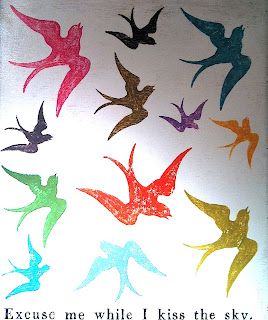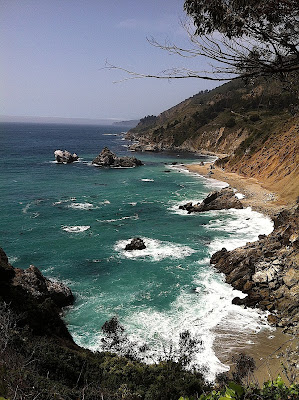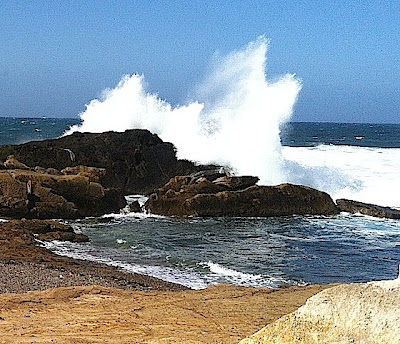William Blake wrote:
There is a smile of love,
And there is a smile of deceit;
And there is a smile of smiles,
In which these two smiles meet.
And there is a frown of hate,
And there is a frown of disdain;
And there is a frown of frowns
Creative Write: Develop four characters who reveal emotions through facial expressions: love, deceit, hate and distain. Add body language to enhance the experience.
Don't reveal the emotions in the writing. Let readers guess from your written portraits.






































